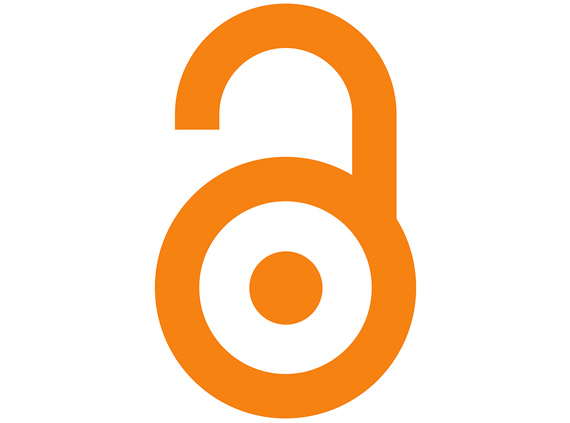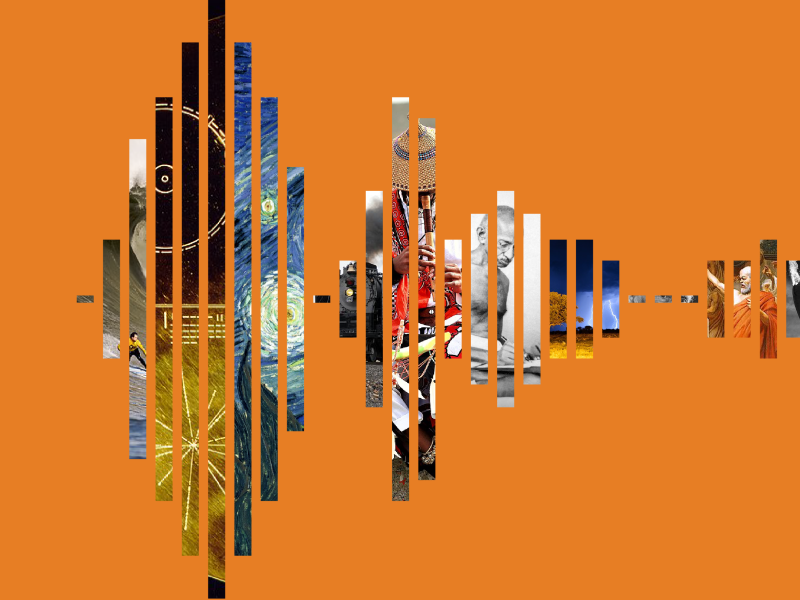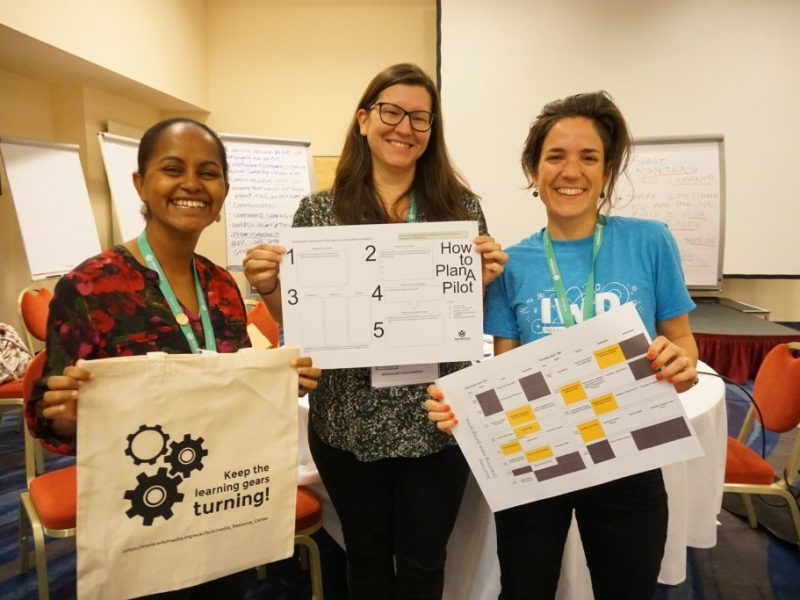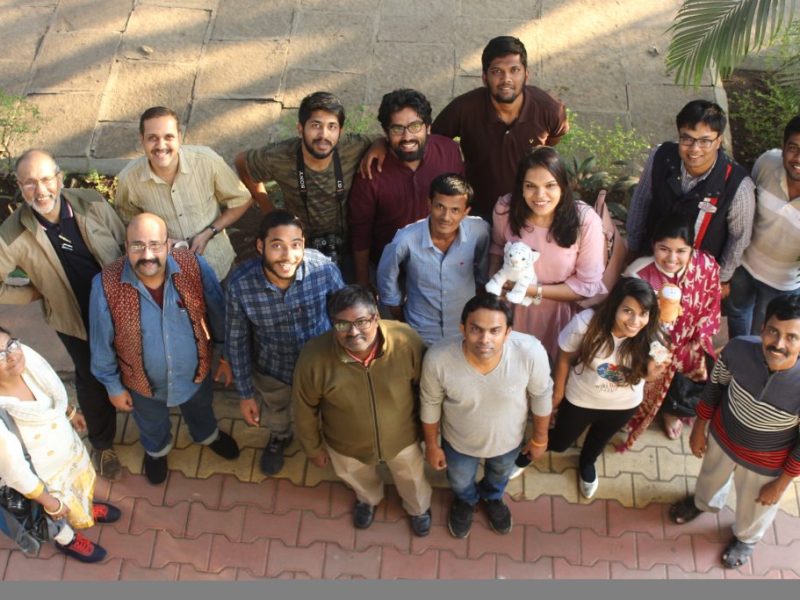On Friday, Elsevier, one of the world’s largest academic publishers, announced its recent partnership with the Wikipedia Library—a program that helps editors access reliable sources to improve Wikipedia. The collaboration gave 45 ScienceDirect accounts to Wikipedia volunteers, to use the database’s scholarly literature for research when writing and editing the encyclopedia. The announcement led to a valuable and constructive conversation about open access and the Wikimedia movement.
Wikipedia editors receive free access to content through more than 40 partnerships with publishers in many different fields through a program called the Wikipedia Library. These partnerships allow editors to use otherwise restricted content to improve Wikipedia and to share that knowledge with the public. In order to make this possible, the Wikipedia Library often partners with organizations that haven’t fully embraced the open access movement, and Wikipedia’s editors then add links to their restricted content. As part of a movement committed to open knowledge, why does the Wikipedia Library do this?
First, in the short term, the Wikipedia Library has to serve our readers and editors as best we can, and that means giving them as much access as possible to the best research today. Collaboration with publishers is a compromise: editors summarize paywalled content for our readers, sharing information on Wikipedia that may otherwise never be represented. Citations to these resources do create greater visibility for those publishers, but Wikipedia editors are in no way required to cite them and are encouraged to use open-access sources as well.
While we eagerly await the day when all of the world’s knowledge is truly free, Wikipedia’s volunteer editors need a foundation of high-quality research to create and curate articles for the site’s hundreds of millions of readers each month, even if if that research is sometimes behind a paywall. Editors have received nearly 5,000 accounts from the Wikipedia Library’s partners, and have enriched thousands of articles with their content. Having access to good sources, regardless of whether they are open access, provides an essential tool for ensuring Wikipedia reflects the most current and accurate information.
Whenever an editor cites a partner’s paywalled source, we expect that they include thorough original citation information, including an indicator of any access restrictions, and a link to the version of the content on the partner’s site. These citations allow a reader to track down the version that is most accessible to them.
Unfortunately limited or restricted access is common in today’s research climate. The best research materials may be behind paywalled online holdings or in expensive print journals and monographs. Wikipedia editors will use closed access materials if they are the best sources for advancing our mission of sharing knowledge. As Wikipedian Martin Poulter explained: Wikipedia aims to be an open-access summary of all reliable knowledge—not a summary of only open-access knowledge.
Second, in the long term, we believe that the Wikipedia Library’s work with publishers encourages the publishing community to explore more open-access strategies that share their content with the world. It’s a gradual opening, but citations on Wikipedia bring public attention to paywalled sources, raising demand for easier public access.
Some of our partners have asked us to support access opportunities tied to their donations as well. Newspapers.com encouraged Wikipedia editors to use their “clippings” function, which allows subscribers to turn articles into fair-use, free-to-read webpages, so that they are available to readers without an account. Another partner, Newspaperarchive.com, followed their example by building a similar tool. These changes grow out of the significant pressure that the open-access and scholarly communities have placed on publishers to improve accessibility.
We contribute to this evolution by actively seeking collaboration and support from the open knowledge movement’s biggest advocates: universities, libraries, archives, and the network of organizations that support open-access efforts. Our collaborations with OCLC, SPARC, OA Button, CrossRef, Internet Archive, and Digital Public Library of America allow us to further the dissemination of library and open resources. Using our growing network we help communicate the important shift towards open-access resources.
We will continue raising the profile of open-access projects. The efforts of the Wikipedia Library advance our common mission, and are complementary to the vision of full open access that we also wholeheartedly support.
Third, we’re still looking for ways to improve the ways in which we share free and open information with the world. Wikipedia is a work in progress and needs the help of a diverse community of collaborators to take further action. We have ideas about improving the impact of open access on Wikipedia, but we need your help to realize them:
- Wikipedia can better communicate to editors the importance of open access (OA) as a way for editors to access reliable and scholarly sources while improving the experience of sharing knowledge for readers.
- Wikipedia editors need more support in finding and identifying OA sources, pointing out the availability of OA within donated publisher resources, providing links to pre-publication or open repository versions of published research where available, or including ‘see also’ links for closely related OA works.
- Scholars can create more research initiatives that measure the dynamics between Wikipedia and peer-reviewed literature in terms of impact on editors and readers.
- Developers can experiment with new tools for Wikipedia readers to find the latest OA research for Wikipedia entries on emerging topics and incorporate full-text discovery services like the Open Access Button, even integrating them as a search tool next to each paywalled reference.
- The Wikipedia Library can try to arrange free access for all incoming Wikipedia traffic to paywalled articles, or at least an extended preview or open access excerpts for the versions we cite.
- There are likely many more opportunities, and we need you to share those ideas with the community (please do so through email, or on Wikipedia).
This October, we’ll be co-hosting a global virtual editathon with SPARC to improve our coverage of open access topics on Wikipedia. We would love that you participate. We want more collaborations that engage the community in exploring these issues together with us.
Open-access content on Wikipedia is very important to us, because Wikipedia itself is an open knowledge project. For the longevity and sustainability of Wikipedia, it’s important that the public engage in debates around open access and have a nuanced understanding of the evolving state of access to knowledge. Today we have an encyclopedia to write, but as open access is increasingly embraced we are and will be advocating for it right alongside you.
Jake Orlowitz and Alex Stinson
The Wikipedia Library (email, Twitter)
Wikimedia Foundation




